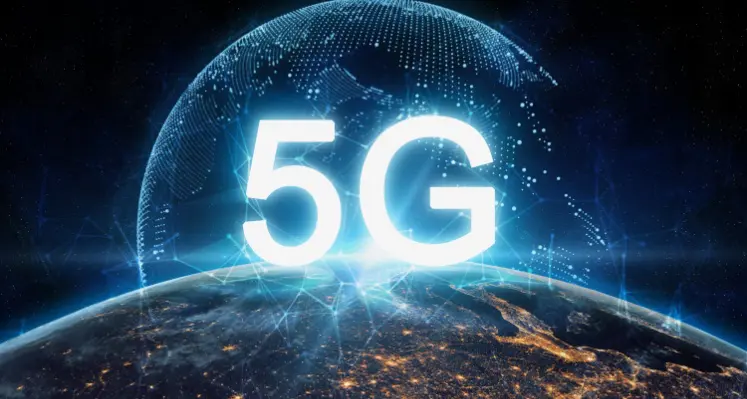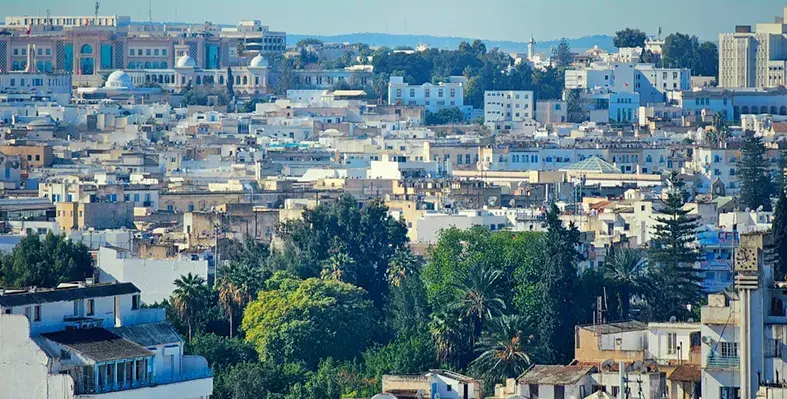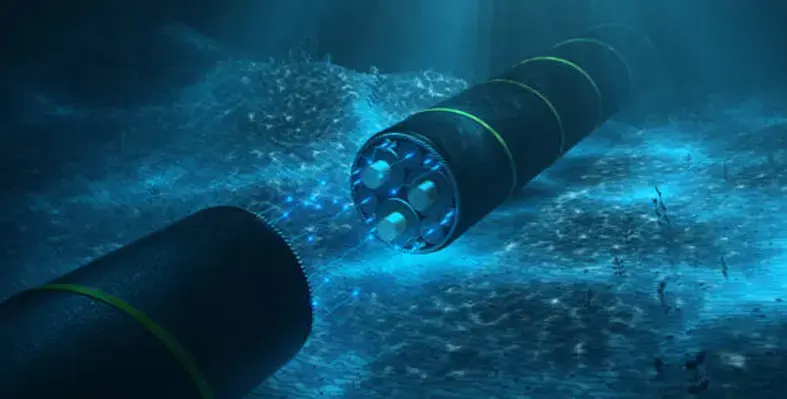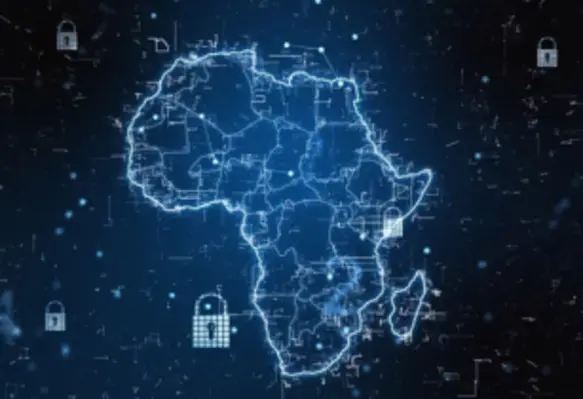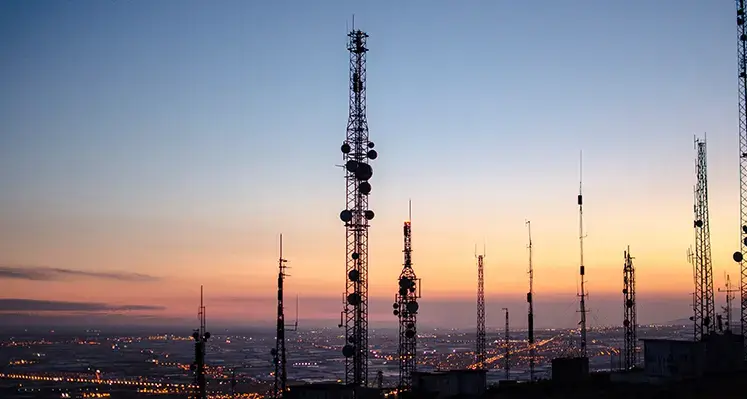MainOne, a subsidiary of Equinix providing data centers and connectivity solutions in West Africa, has reached an agreement with the Akwa Ibom state government to deliver high-speed connectivity
MainOne will construct approximately 140 kilometers of metro fiber infrastructure to "unleash the full potential of digital connectivity for all of South-South."
This development follows the company's landing of the 2Africa submarine cable system, spanning 45,000 kilometers, at Qua Iboe Beach in Akwa Ibom. This connection links the state and other underserved/unserved regions of Nigeria to Europe, Asia, and other parts of Africa. The landing of this submarine cable infrastructure, boasting a capacity of 180 terabits per second, will facilitate the rapid expansion of 4G, 5G, and fixed broadband access, thereby enhancing digital transformation across critical sectors of Nigeria's economy.
On March 25, 2024, MainOne announced the restoration of services and the facilitation of regional interconnection to ensure stability in West Africa's digital ecosystem, following a repair timeline of 6 to 8 weeks due to multiple damaged cables. This announcement came in the wake of a submarine cable damage incident, which resulted in internet outages in various parts of Africa.
In April 2022, MainOne inaugurated a new data center in Lagos State, providing customers access to a robust ecosystem of telecom operators, global networks, financial services firms, and content providers in West Africa. The facility's presence on the Lekki campus enables connectivity to all major telecom networks in Nigeria.
Nigeria's project 774 connects locals
In recent years, Nigeria has witnessed a significant surge in digital adoption, with mobile network access playing a pivotal role. In February 2024, the country, through the Ministry of Communications, Innovation, and Digital Economy, launched 'Project 774 LG Connectivity,' an initiative aimed at addressing limited internet and digital access by connecting all 774 Local Government Secretariats in Nigeria to the internet.
Minister Bosun Tijani highlighted that the initiative seeks to foster inclusive development and enhance access to digital public infrastructure in governmental establishments across Nigeria, including the most remote areas that may have been overlooked or lacking adequate services.
According to Statista, internet user penetration in Nigeria experienced a slight increase between 2018 and 2022, climbing from approximately 26% to over 38%. As of 2022, the country's estimated internet user base surpassed 83 million.



